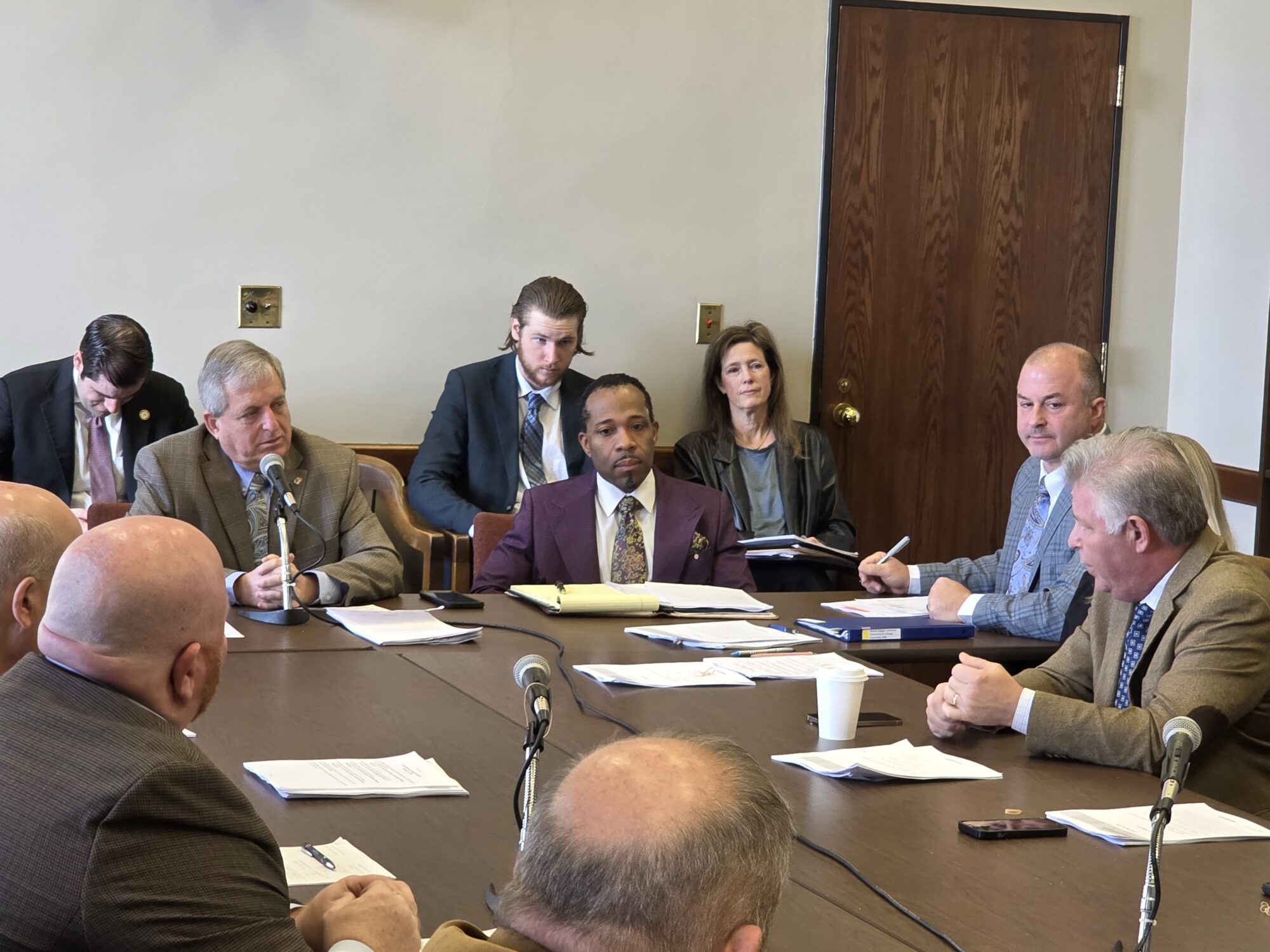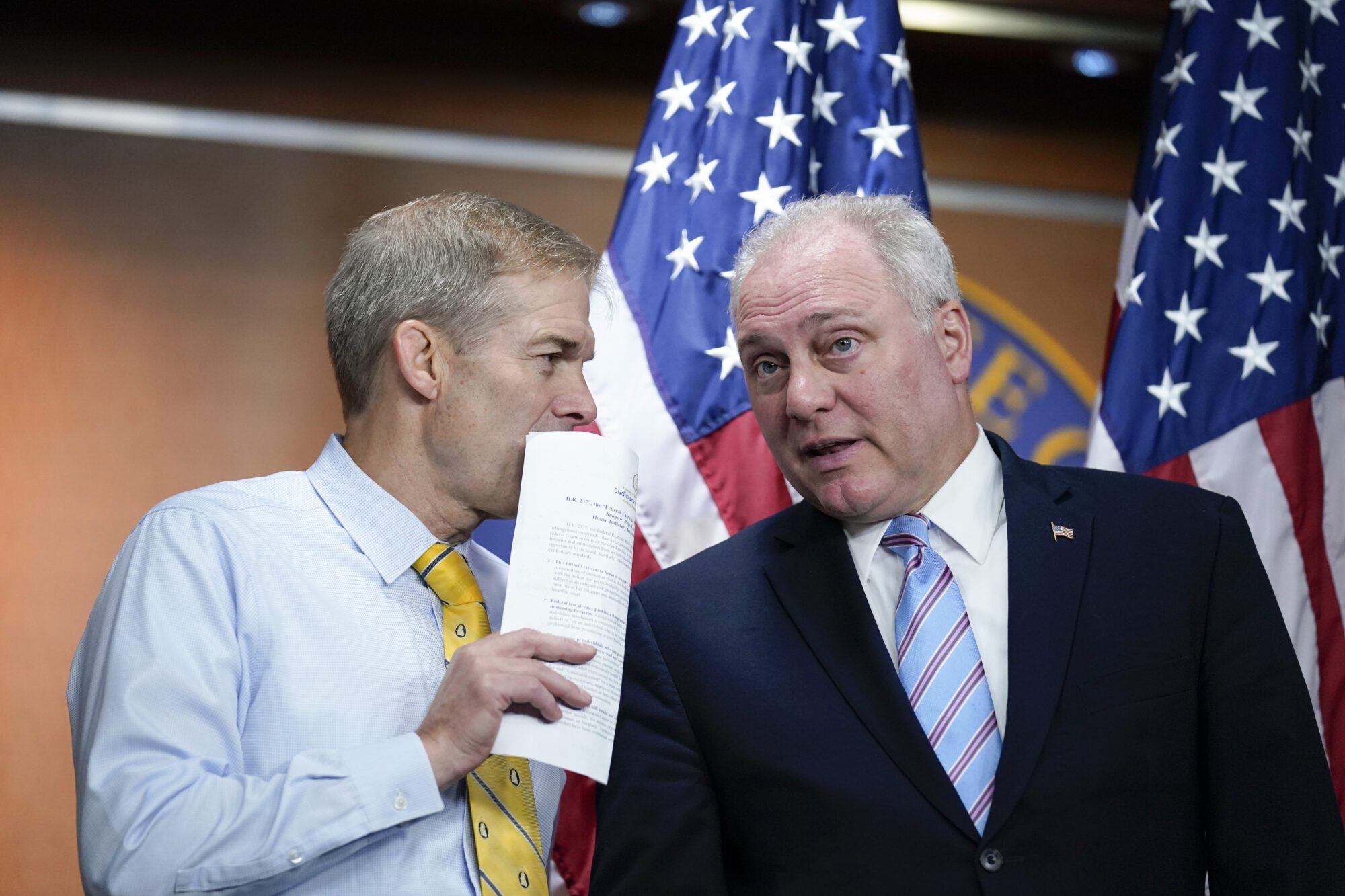
A recent State Auditor’s report highlights career paths that most benefit the Magnolia State and provide a living wage for workers. Not everyone agrees with the assessment.
The loss of skilled workers to other states is an issue Mississippi continues to face, and a recent report from the State Auditor lists the jobs his office feels contribute the most to Mississippi’s tax base.
Careers Auditor Shad White (R) reports to be more valuable to the state include healthcare, education, engineering and business.

State Representative Samuel Creekmore (R-HD 14) said the state is also in dire need of mental health professionals. A recent bill he authored, HB 1222, went into law this year and will create about 50 court liaison positions in the state. Since the position requires a master’s degree, the jobs start at $40,000 to $50,000.
Rep. Creekmore said the state will need to come up with a way to entice individuals to not only take those jobs but agree to stay in the state for at least a time. An incentive could be offering to pay tuition to pursue the required master’s degree. The suggested stipulation would be that the individual would work in the role for two or more years.
Healthcare workers are also in short supply, not just in this state but across the nation, said Angela M. Mucha-Brooks, employment manager at Forrest General Hospital. Currently, the hospital needs to fill roughly 20 percent of the total positions.
“It’s a struggle, in any state you go. There are positions that can’t get filled because people don’t know about those positions and what career opportunities are out there,” Mucha-Brooks said.
Hospitals employ more than just medical professionals like nurses. Within the ranks of Forrest General are electricians, engineers, HVAC technicians, IT personnel and cooks.
“My motto is, if someone is looking for a job, Forrest Health has something for everybody,” Mucha-Brooks said.
Registered dietitians are also employed to work with patients who may have special restrictions, such as diabetics, while employees in billing collect payments from insurance companies, lab technicians test samples, and registration staff help patients ensure they set appointments.
“So, we have people who work in registration but also a cancer registry. That person follows up with all of our cancer patients to make sure they get their appointments set,” Mucha-Brooks said.
Many of those lesser-known positions make a decent wage, such as lab technicians.
“Those people work in a lab and check blood to see what is wrong with you, or any other sample taken,” Mucha-Brooks added. “They start out making a lot more than $10 and hour.”
Some of the positions in most need at hospitals include registered nurses, medical technicians, medical lab science, cooks and environmental services to name a few. To get the word out, Mucha-Brooks has been going to high schools in the area of Forrest General to tell young people about the various positions available.
“People need to go into the medical field. It can be rewarding. It’s not about the money, it can be about the care and helping the community,” said Mucha-Brooks.
Positions that require a two-year degree, including licensed practical nurse and respiratory therapist, start out at about $18 an hour, depending on the hospital. Mucha-Brooks said the facility’s trauma rating has an influence on pay rates.
Engineering was a field Auditor White cited as providing graduates with high median incomes, including within Mississippi. But he said many of those graduates end up moving away. White’s report states that only 36 percent of engineering graduates “from the 2015-2017 cohort” were still Mississippians by 2020.
Les Dungan with Dungan Engineering said there are some open positions for engineers in this state.
“I know that MDOT (Mississippi Department of Transportation) is always looking for graduate engineers,” Dungan said.
Several open positions are currently advertised on the MDOT career webpage. Pay scales listed on the site for engineers vary from $22,000 up to $100,000, depending on experience and education. The position of transportation engineering technician I only requires the applicant to have a diploma or GED and does not require prior experience, the listing states. That position starts at $22,000 annually.
Dungan said he also has an opening for an engineer at his firm, which is part of a partnership with Clearpoint Consulting Engineers and The Walker Associates. Between the three firms, 90 people have jobs.
Some positions in the engineering field, such as civil drafting, only require a two-year degree, and start out between $35,000 to $45,000, Dungan said. With more education, comes more pay. An engineering degree from an accredited university can net a graduate a job making $60,000 to $65,000 a year starting out. Those individuals can expect to invest about four and half years into earning that degree.
In short, Auditor White’s report asks state lawmakers to consider investing more money into programs that provide well-paying jobs to Mississippians.
“By aligning educational programs with workforce demands and promoting fields with strong employment outcomes in Mississippi, our state can maximize the billions of dollars Mississippi taxpayers spend on higher education,” White says in the report.
Yet, White’s report has drawn some ire from those who feel every major is worthwhile. State Rep. Zakiya Summers (D-HD 68) is among his critics.
“While I can appreciate the Auditor’s effort to address this issue, his tyranny of small decisions approach is missing the bar. Unfortunately, this is a pattern we continue to see from Auditor White. Last year, his answer to fatherlessness was more support of JROTC programs,” said Summers in a written statement. “Here again, his office is seemingly promoting his own ideological bias about who is worthy and who is not, potentially creating policy that is crisis-response natured and failing to collaborate with others to develop a long-term plan.”

To entice people to stay, and possibly move to Mississippi, Rep. Summers feels Mississippi could take notes from other states, such as New Mexico where eligible families receive a year of free childcare so they can get back to work or implement something similar to Colorado’s plan to provide free tuition and books to those seeking careers in education and law enforcement.
Summers knows leaving a home state can be a difficult decision for some young people. But when that state offers little to keep them, it can lead to the brain drain White outlines in his report.
“Our brightest are leaving the state for the same reason I left back in 2001. Mississippi fails to create the environment by which young people desire to stay and can thrive,” Summers said in her statement. “I left my home state to attend the University of Missouri-Columbia, one of the top journalism schools in the country, where I earned a bachelor’s in broadcast journalism. Eventually, I returned home to work as a news producer at one of the local TV stations, where I started out making $18,500 a year. According to Auditor White, a broadcast journalism major is not a high-valued degree. With his theory, journalists should not consider living or raising a family in Mississippi because that trade does not produce good-paying jobs. Meanwhile, the University of Mississippi Medical Center is experiencing a jump in enrollment. Why aren’t these young healthcare professionals choosing to stay? Please make this make sense!”
To effectively address the brain drain problem, Rep. Summers said it will take a collaboration between government, businesses, the education system and the communities across the state. By putting a focus on providing Mississippians with access to high quality K-12 education, addressing the problem with affordable housing, creating policies that call for providing paid family and medical leave within the workforce, providing families with an “earned income tax credit: taking an intentional focus on quality of life enhancements that dismantles child poverty; expanding Medicaid; putting people before politics; preparing for an inclusive economy; and co-creating a new narrative that does not further perpetuate marginalized communities,” she said Mississippi can work toward addressing the issue.











